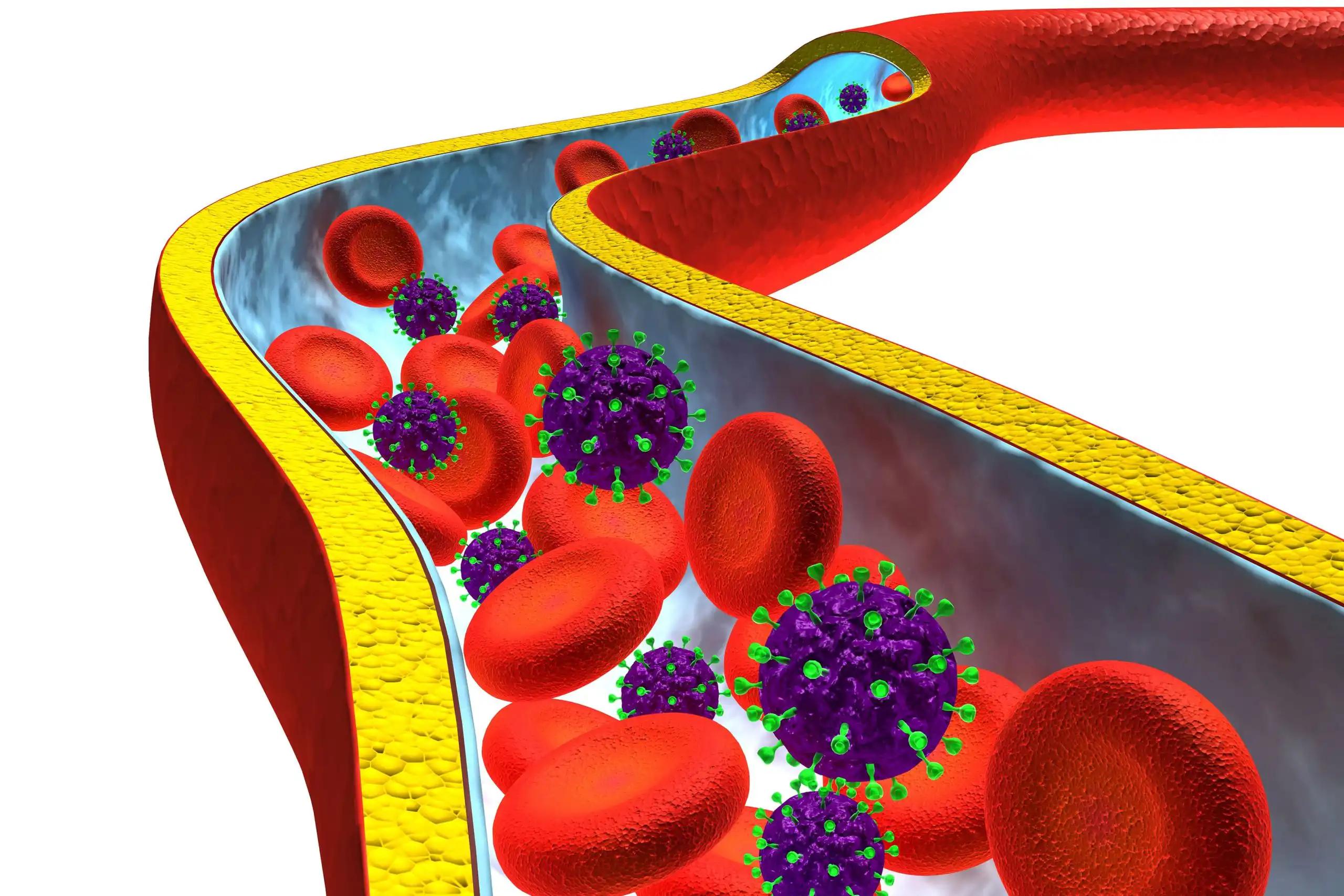KEY TAKEAWAYS
- The phase III PALLAS trial evaluated iDFS in early hormone receptor-positive breast cancer patients.
- The trial involved randomizing patients to receive either adjuvant endocrine therapy alone or palbociclib in combination with adjuvant endocrine therapy.
- The results showed that adding palbociclib to endocrine therapy did not lead to a statistically significant improvement in iDFS or other secondary endpoints.
- Over 5,796 patients across 21 countries were enrolled in the study, with a median follow-up of 31 months.
- Incorporating adjuvant palbociclib into conventional endocrine therapy did not exhibit any significant improvement in outcomes compared to endocrine therapy alone.
Palbociclib is a pharmacological agent that acts as an inhibitor of cyclin-dependent kinases 4 and 6. It has been approved for the treatment of advanced breast cancer. The efficacy of incorporating palbociclib into endocrine therapy for hormone receptor-positive breast cancer in the adjuvant setting has yet to be established. The PALLAS trial was a phase III study that involved randomizing patients with early breast cancer who were positive for hormone receptors but negative for human epidermal growth factor receptor 2. The patients were assigned to receive either adjuvant endocrine therapy alone for at least 5 years or 2 years of palbociclib (125 mg orally once daily, days 1-21 of a 28-day cycle) in combination with adjuvant endocrine therapy. The study’s principal objective was to evaluate invasive disease-free survival (iDFS) as the primary endpoint. The secondary endpoints included invasive breast cancer-free, distant recurrence-free, locoregional cancer-free, and overall survival.
Over a period of three years, a total of 5,796 patients were enrolled in 406 medical centers across 21 countries worldwide. Out of these, 5,761 patients were included in the intention-to-treat population. Upon conducting the final protocol-defined analysis, with a median follow-up of 31 months, 8.8% of the 2,884 patients who received palbociclib in conjunction with endocrine therapy experienced iDFS events. Similarly, 9.1% of the 2,877 patients who received endocrine therapy alone experienced iDFS events. The results were comparable between the two treatment groups, with iDFS at 4 years being 84.2% versus 84.5%. The hazard ratio was 0.96, with a confidence interval of 0.81 to 1.14 and a P=0.65. No statistically significant variations were noted for secondary time-to-event endpoints, and subgroup analyses did not reveal any variations by subgroup. No adverse events were observed for palbociclib in this clinical trial. In the conclusive evaluation of the PALLAS clinical trial, the incorporation of adjuvant palbociclib to conventional endocrine therapy did not exhibit any significant improvement in outcomes as compared to endocrine therapy alone for patients diagnosed with early hormone receptor-positive breast cancer.
Source:https://pubmed.ncbi.nlm.nih.gov/34874182/
Clinical Trial:https://clinicaltrials.gov/ct2/show/NCT02513394
Gnant M, Dueck AC, Frantal S, Martin M, Burstein HJ, Greil R, Fox P, Wolff AC, Chan A, Winer EP, Pfeiler G, Miller KD, Colleoni M, Suga JM, Rubovsky G, Bliss JM, Mayer IA, Singer CF, Nowecki Z, Hahn O, Thomson J, Wolmark N, Amillano K, Rugo HS, Steger GG, Hernando Fernández de Aránguiz B, Haddad TC, Perelló A, Bellet M, Fohler H, Metzger Filho O, Jallitsch-Halper A, Solomon K, Schurmans C, Theall KP, Lu DR, Tenner K, Fesl C, DeMichele A, Mayer EL; PALLAS groups and investigators. Adjuvant Palbociclib for Early Breast Cancer: The PALLAS Trial Results (ABCSG-42/AFT-05/BIG-14-03). J Clin Oncol. 2022 Jan 20;40(3):282-293. doi: 10.1200/JCO.21.02554. Epub 2021 Dec 7. PMID: 34874182.



